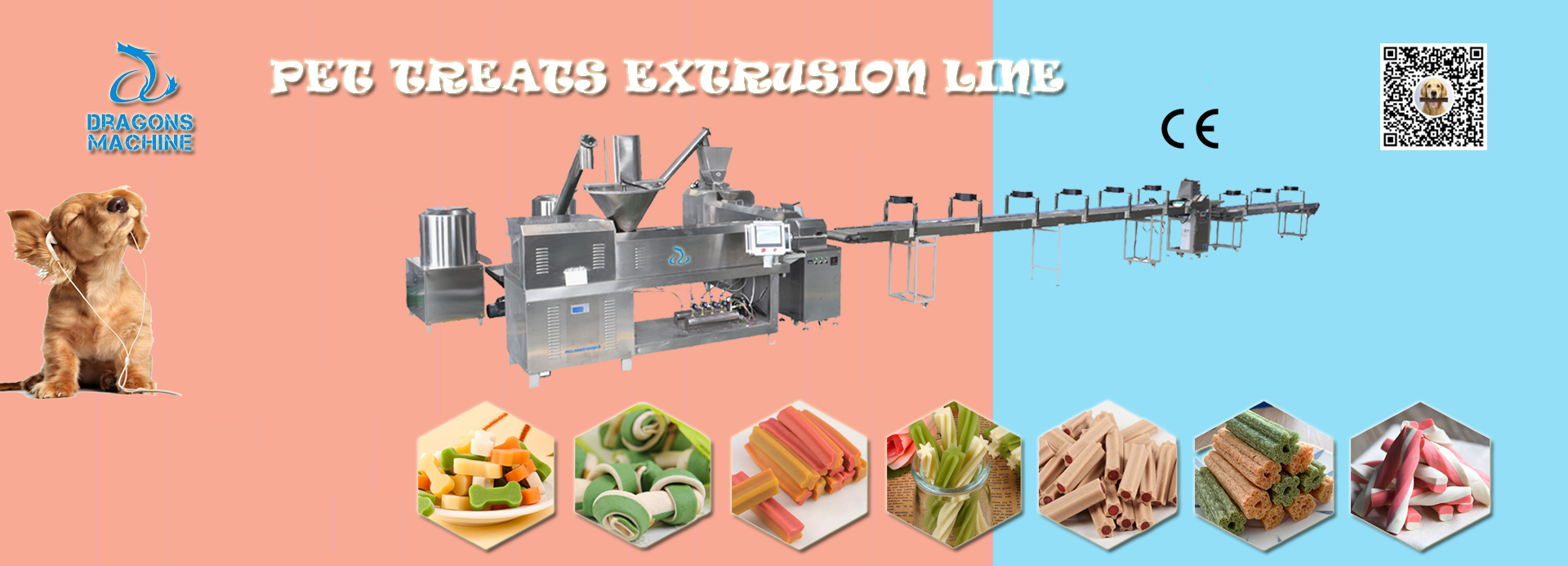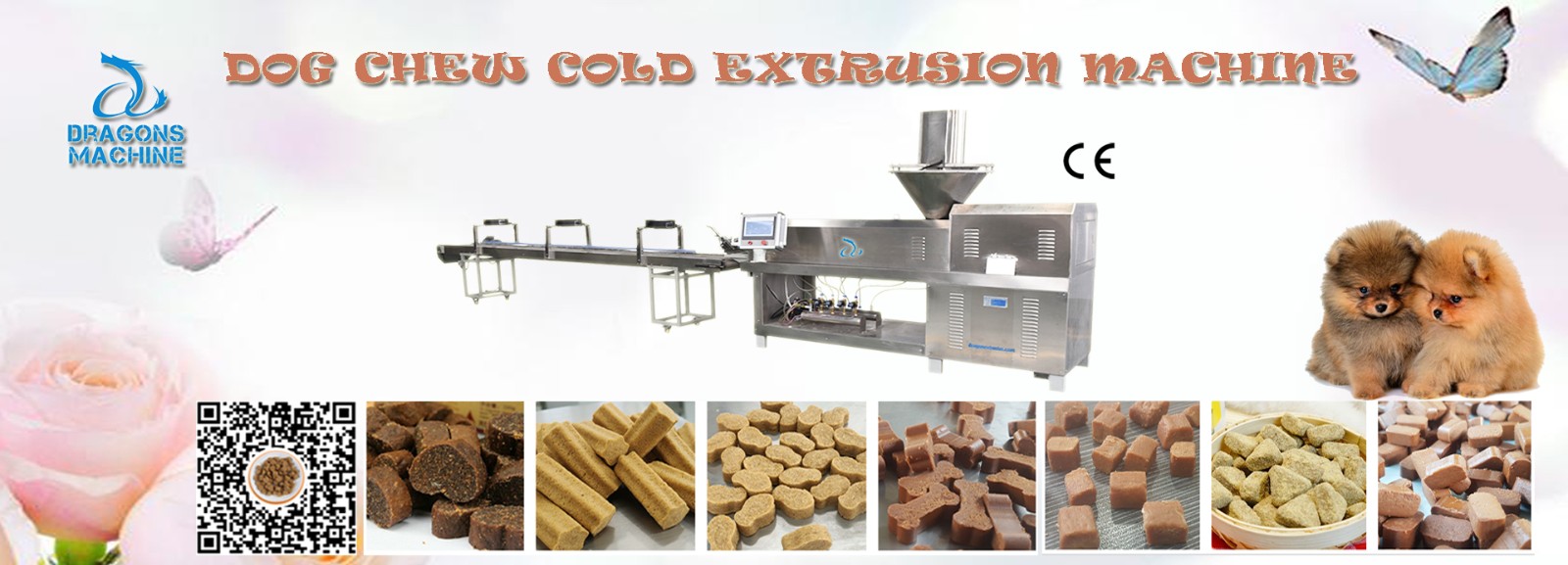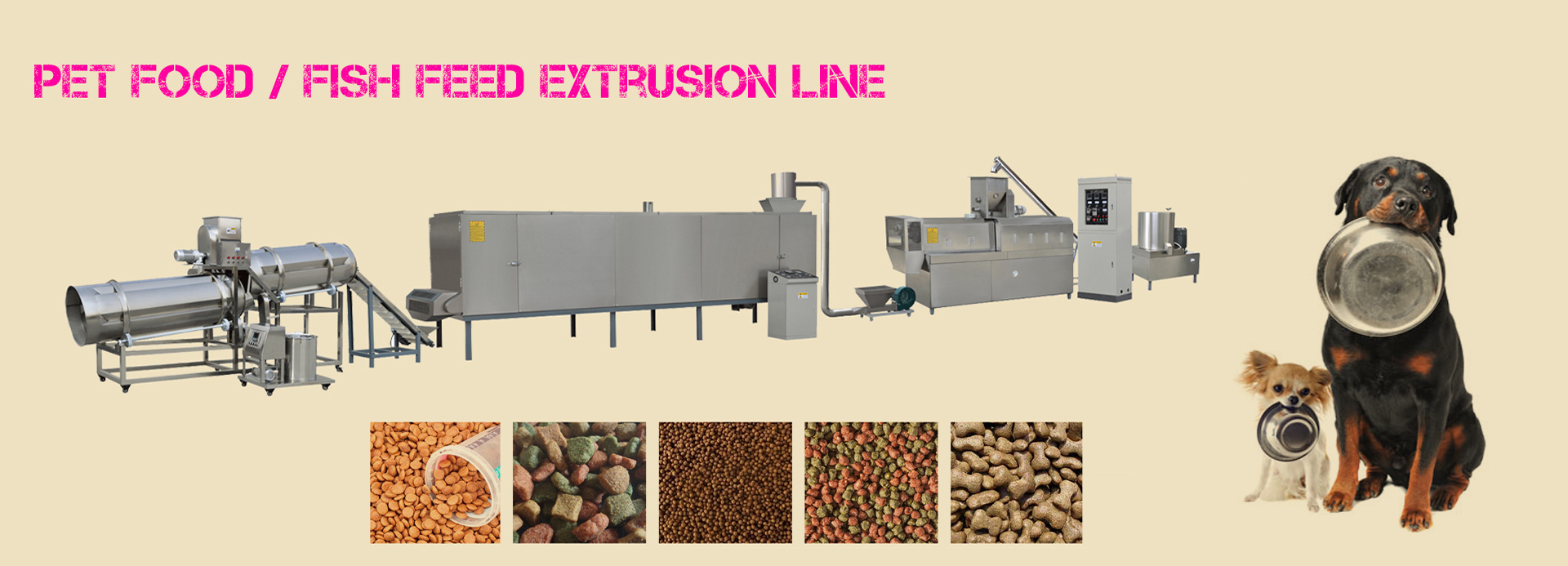Dogs require five essential nutrients in their diet: water, protein, fats, carbohydrates, minerals, and vitamins. Each of these nutrients plays a crucial role in supporting a dog's overall health and well-being. Therefore, choosing a balanced and nourishing dog food is vital. However, with the multitude of dog food options available, determining the healthiest and most suitable choice for your pet can be challenging.
Before delving into the process of finding the right dog food, it's important to understand how a dog's body functions, the significance of the five key nutrients for a dog's longevity and health, and what aspects to consider when examining dog food labels.
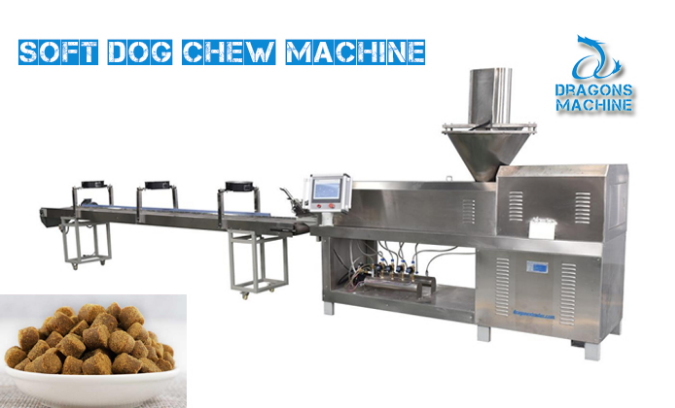
Nutritional Needs of Dogs:
1. Protein
Protein serves as a fundamental component of healthy and balanced dog food as it constitutes your pet's body tissues. Among the 23 amino acids, essential for building proteins, a dog's body synthesizes only 13, necessitating the intake of the remaining 10 through food sources. Hence, ensuring adequate protein intake through the diet is crucial. Opt for dog foods containing natural, high-quality proteins as the primary ingredient. Protein sources vary from fish, meat, to poultry, and the choice depends on your dog's preferences and specific dietary requirements. Typically, adult dogs require 18% to 29% protein in their diet, while growing puppies need at least 22% protein to support healthy growth and development.
2. Fats and Oils
Fats are an essential component of a balanced dog diet, offering a concentrated energy source—providing over double the energy of carbohydrates and proteins. Generally, adult dogs require 12-20% fat in their diet to maintain a healthy weight. The fat content in dog food typically stems from various sources such as animal and vegetable oils, as well as cereal grains. However, excessive fat intake can lead to overweight issues and other complications. Adjust your dog's fat intake based on factors like breed, life stage, body condition, and activity level. Scan the ingredients list on your dog's food packaging for sources like animal fat, corn oil, vegetable oil, sunflower oil, fish meal, fish oils, and flaxseed (linseed) to identify the fats present in the diet.
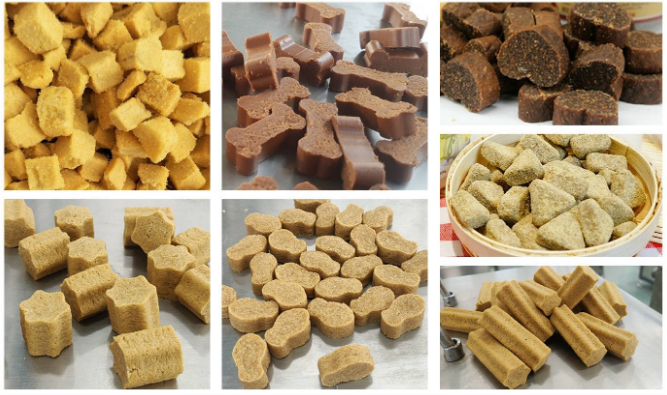
3. Carbohydrates
Incorporating carbohydrates into your dog's diet is vital as it provides energy and serves as the primary source of dietary fiber. Carbohydrates supply the body with glucose, a crucial energy source. Insufficient carbohydrate intake can prompt the body to extract amino acids from other bodily processes. As a general guideline, growing animals and high-energy dogs should consume a diet containing at least 20% carbohydrates. Common carbohydrate sources in dog food include whole wheat, potatoes, legumes, oatmeal, corn, brown rice, buckwheat, barley, and quinoa.
4. Vitamins and Minerals
Vitamins and minerals in a dog's diet support various bodily functions, including DNA creation, bone and eye development, and brain function. Complete and balanced dog food typically provides essential vitamins and minerals such as Vitamin A, Vitamin D, Vitamin E, Vitamin K, B-complex vitamins, calcium, and phosphorus.
5. Water
Water comprises 70 to 80 percent of an adult dog's body mass, making it the most crucial nutrient. Its role in bodily functions is pivotal; it facilitates nutrient transportation, aids digestion for energy, regulates temperature, and facilitates waste elimination. Water also contributes to breaking down carbohydrates, proteins, and fats and lubricates joints. Dogs acquire water both through their diet and by drinking water directly. Dry dog food usually contains about 10% moisture, while wet dog food can contain around 80%. Regardless of the food type, ensuring a fresh supply of water is vital for your dog's health and well-being.
















